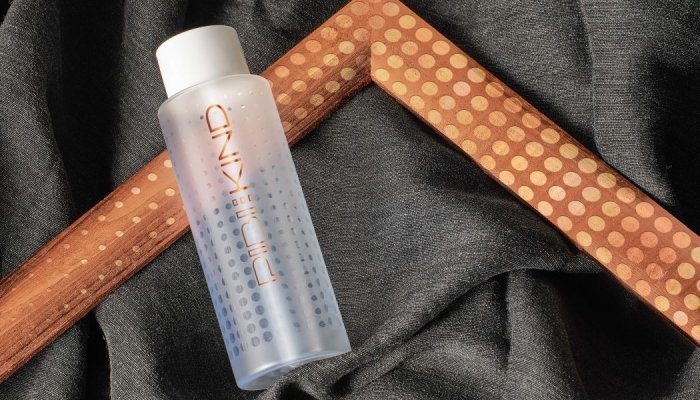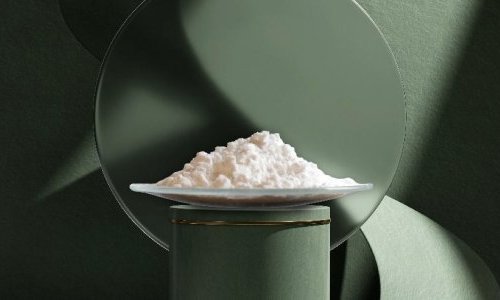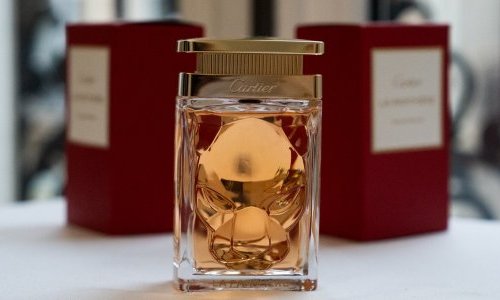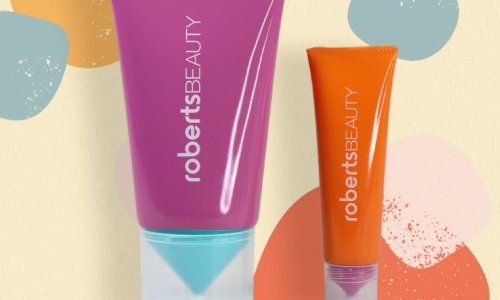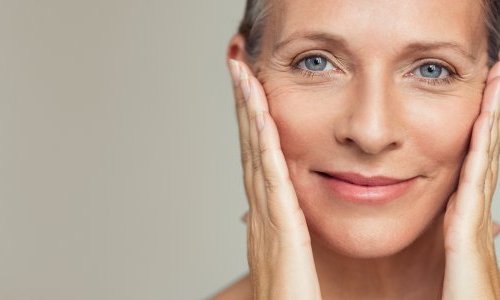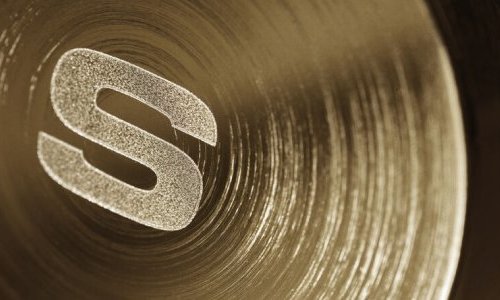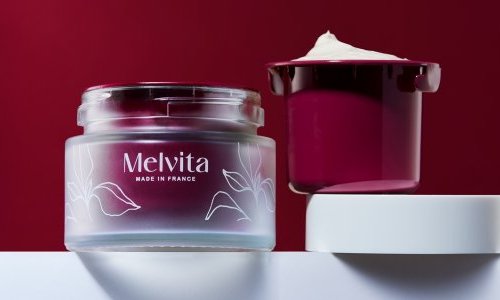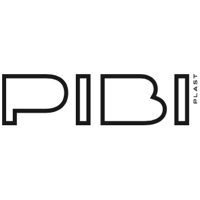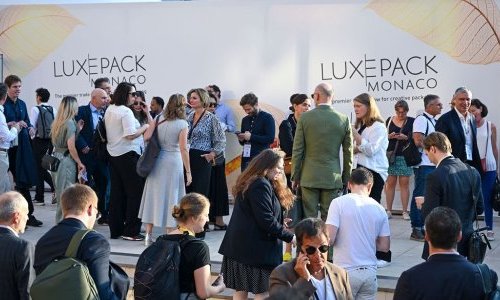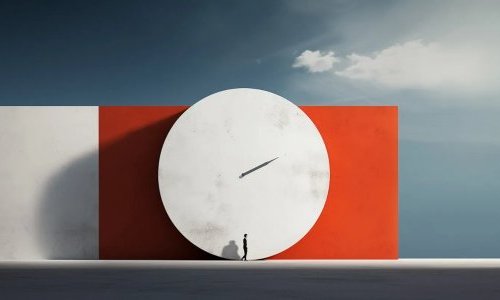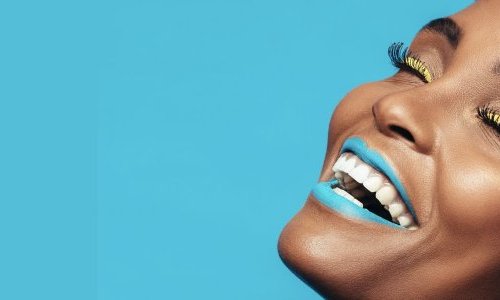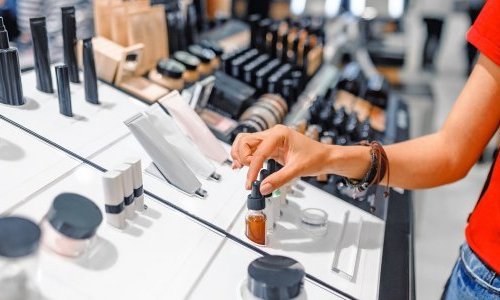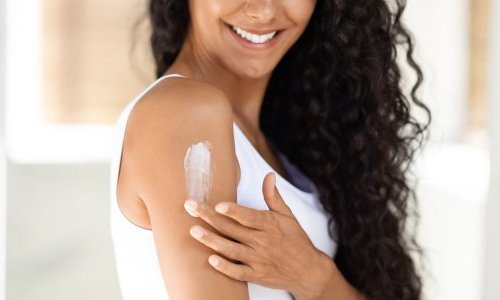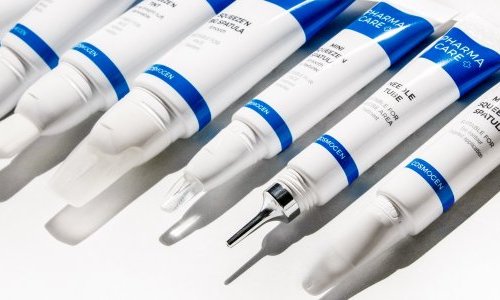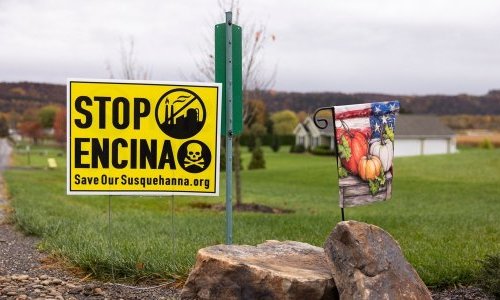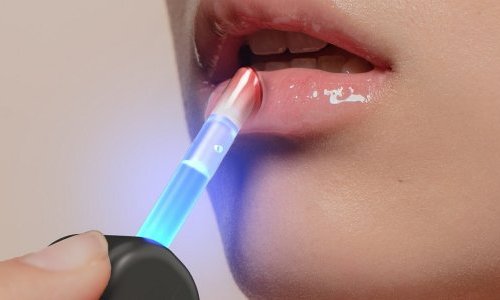Pioneering sustainability since the ‘90s
As a matter of fact, Pibiplast has been a pioneer in sustainability since the ‘90s, by gradually abandoning conventional plastics and replacing them with recyclable materials with a lower environmental impact, such as PET.
This dynamic continues with the recent introduction of more sustainable materials such as bioplastics and recycled plastics. The achievements are the result of continuous scouting of solutions in the market, the creation of synergy with raw materials suppliers and rigorous testing. This approach has led Pibiplast to a position of leadership in the sector.
In addition to the scouting from a sourcing perspective, the company is heavily investing in the development of new solutions, to make its product portfolio more and more sustainable - for example, with the development of mono-material options - and exploring new ways to extend the product life cycle, like refills for example. Therefore, Pibiplast has created PIBILab, a collaborative space entirely dedicated to innovation, where the company interprets new trends in the sector and anticipates the demand of the market and consumers. In the past few years the focus of PIBILab innovation has of course been on sustainability.
A groundbreaking sustainable solution
One of the most interesting results of this research for “greener” options is called PIBIKind, Pibiplast’s groundbreaking and patent pending technology that voids barriers between processes. Through an innovative approach, this new technology enables the creation of personalized solutions that are faster to achieve and more environmentally-friendly. PIBIkind eliminates the need for multiple steps as it allows to obtain a customized and texturized surface finish directly from the plastic transformation process. The result is a remarkable finish that would otherwise only be achievable by painting or other additional decorative processes.
More with less
In-mold personalization means less complexity, less effort, and therefore less impact on the environment. Although modern technologies are more efficient and less impactful, the standard painting process has always had an impact on emissions, worker exposure and on the amount of waste produced. Allowing to skip one production step, that of painting or coating, PIBIKind results in less use of raw materials (paints) and pollutants (if not water-based, paints contain solvents). On top of this, a shorter production process also means better energy efficiency and reduction of CO2 emissions.
PIBIKind’s optimization of production techniques is not only due to the simplified production process, by skipping the above mentioned painting step. The molding process itself is also optimized because PIBIKind provides a better yield than other existing technologies able to obtain in-mold frosted finishes: PIBIKind’s production output stays the same as tool dimensions and cavitation don’t need to be decreased compared to regular PET productions.
On the other hand, shorter production process and timing allow for optimization of the supply chain, resulting in shorter leadtimes, key feature in today’s ultra dynamic and fast-paced beauty market.
Customization at its utmost
Market demand is focusing on green and sustainable solutions BUT never compromising on esthetic. To stand out on the shelves, a product must be beautiful and immediately catch the eye of the consumer. Allowing infinite design possibilities, and the alternation of matte and shiny finishes, also overcoming the limitations of deco areas, PIBIKind meets the market demand of extreme customization AND sustainability at the same time.
As we said before, thanks to its shorter production process, the reduction of materials and energy used and the reduction of waste, PIBIKind guarantees lower environmental impact and reduced carbon footprint. Moreover, in the long run this in-mold technology also results in a significant reduction of costs.

